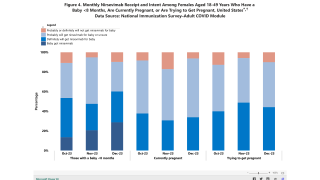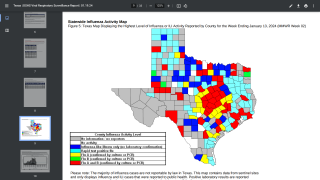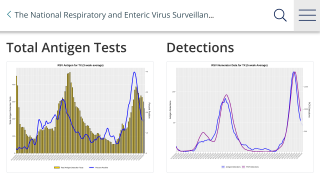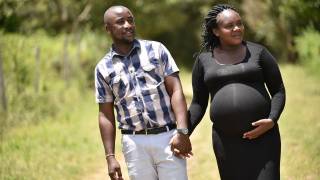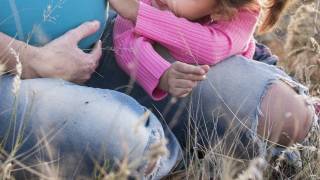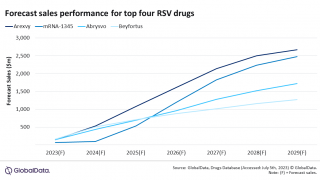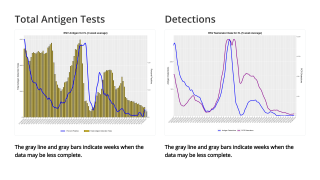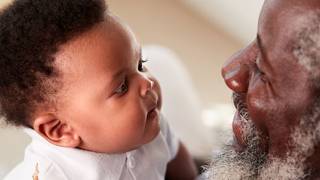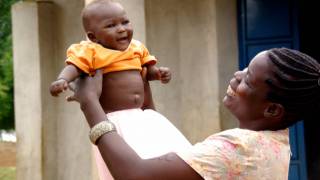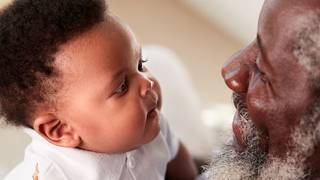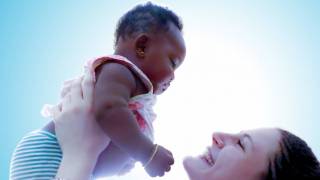About 2% Coinfected with RSV, SARS-2 and Flu

Scientists are expected to present new data today about rates of co-infections with SARS-CoV-2, influenza, and respiratory syncytial virus (RSV), offering one of the first snapshots of the interplay among these common but potentially deadly viruses.
Announced on July 25, 2023, the research included results from more than 26,000 respiratory tests of U.S. adults and children in late 2022 and found co-infections in more than 1% of positive samples.
Overall, the tests revealed that co-infections with two or more respiratory viruses occurred in 1.33% of positive results and .55% of the studied samples.
The positivity rates varied by the viruses involved, ranging from .38% in adults for both SARS-CoV-2 and RSV to 2.28% in adults with influenza A and SARS-CoV-2 infections.
SARS-CoV-2 is the betacoronavirus that causes COVID-19 in people.
However, co-infection rates in the pediatric group were higher than in the adult population for all three viruses.
These researchers noted the very high 6% co-infection rate of SARS-CoV-2 and influenza A in those under 21, which he said matched what was previously observed by the various studies.
"With changing behaviors as the COVID pandemic began to recede, we felt it was important to investigate the resurgence of other respiratory viruses and potential incidents of co-infection, especially with the additional circulation of SARS-CoV-2," said lead scientist George Pratt, Ph.D., at Quest Diagnostics in Marlborough, MA, in a press release on July 25, 2023.
"As we experience more flu seasons and future epidemics of respiratory viruses, we'll be able to acquire more co-infection rate data," Pratt said.
"Our current work would make a useful data point to help evaluate whether future co-infection rates are shrinking or growing," he added.
These findings, presented at the 2023 AACC Annual Scientific Meeting & Clinical Lab Expo, could have implications for how clinicians approach respiratory disease testing during future epidemics and seasonal outbreaks.
Unlike previous years, U.S. FDA-approved vaccines are available for all three respiratory viruses for the fall and winter of 2023.
Our Trust Standards: Medical Advisory Committee



